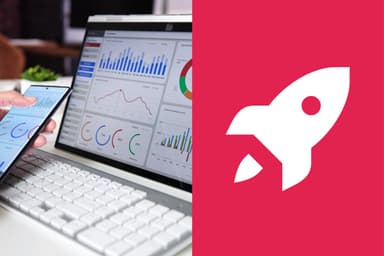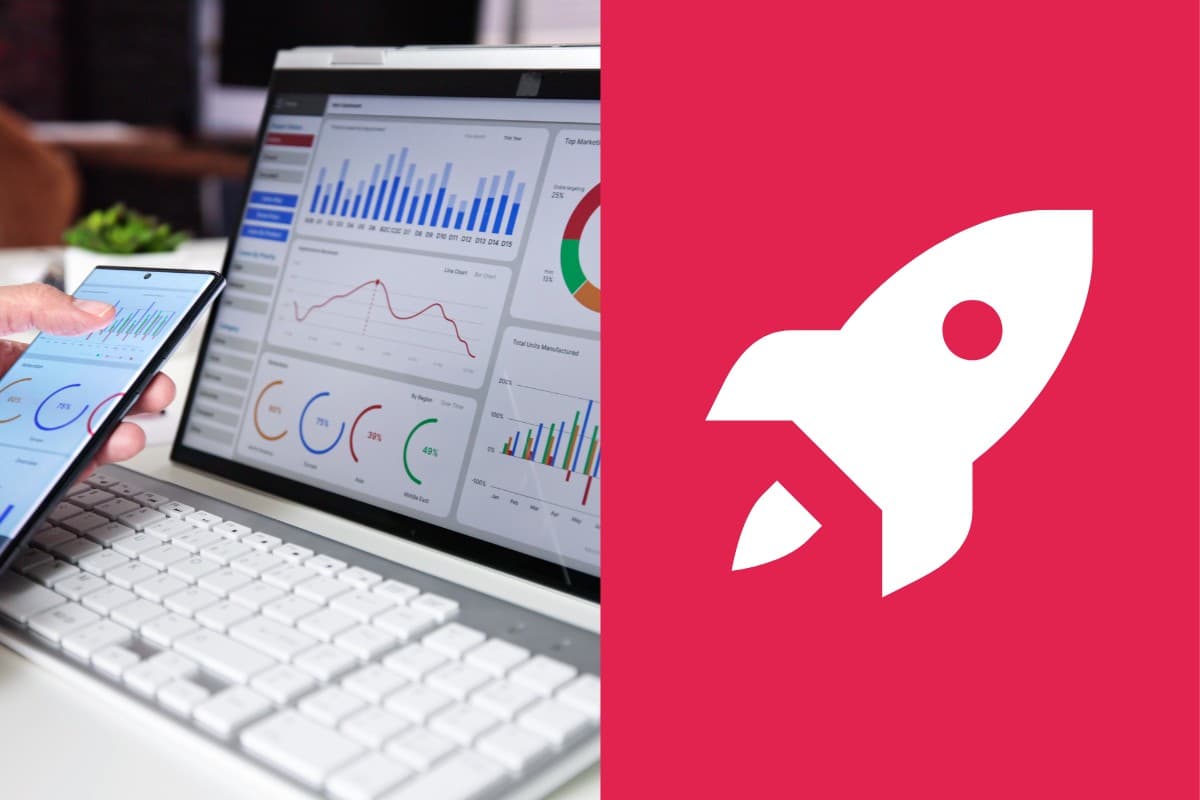Top 347 SaaS Startups UK (Free List)
Find the fastest growing SaaS companies in the UK.
Top 347 SaaS Startups UK (Free List)
Find the fastest growing saas companies in the UK.

1 Explore 347 UK SaaS startups and their founders, who have collectively raised £4.86B.
2 Easily sort, filter, and compare the UK's top startups — customise the list to your needs.
3 Discover top startups for investment, B2B sales, partnerships, hiring, and industry connections.

Software has existed forever. I remember quite clearly buying software that came in a cardboard box. And then installing that piece of software on my computer. I could keep this software forever.
That was before. Now with the internet, you don’t often buy software that way. Actually you don’t even buy software, you rent it. And that’s where SaaS comes in.
347 most active SaaS startups
Startups (name, funding, founders, investors)
You can connect with fast-growing SaaS startups with the full list of recently funded startups from the UK.
Software has existed forever. I remember quite clearly buying software that came in a cardboard box. And then installing that piece of software on my computer. I could keep this software forever.
That was before. Now with the internet, you don’t often buy software that way. Actually you don’t even buy software, you rent it. And that’s where SaaS comes in.
What is a SaaS startup?
A SaaS startup refers to a company that specialises in providing Software as a Service (SaaS). SaaS is a cloud computing service model where software applications are delivered over the internet on a subscription basis.
Instead of users installing and maintaining software on their local devices or servers, they access the software through a web browser.
Examples of SaaS startups include companies offering solutions for project management, customer relationship management (CRM), collaboration tools, human resources management, and more.
SaaS startups typically aim to provide innovative solutions that address specific business needs, and they often follow a subscription-based pricing model.
You can see that SaaS startups are hot right now, especially in data and AI. With increasing demand, SaaS investors are actively funding startups that offer scalable, cloud-based solutions.
If you want to launch your own SaaS startup, these are the exciting sectors to watch out for.
12 types of SaaS software
There are lots of types of SaaS startups, catering to various industries and addressing diverse business needs. Here are some common categories of SaaS startups:
1 - Customer Relationship Management (CRM)
These startups provide solutions to help businesses manage and optimise their interactions with customers, streamline sales processes, and enhance customer communication.
2 - Enterprise Resource Planning (ERP)
ERP SaaS startups offer integrated solutions for managing various aspects of business operations, including finance, human resources, supply chain, and more.
3 - Project Management and Collaboration
Startups in this category develop tools that facilitate project planning, task management, team collaboration, and communication within organisations.
4 - Human Resources Management (HRM)
SaaS startups in HRM provide software solutions for tasks such as recruitment, employee onboarding, performance management, and workforce analytics.
5 - Accounting and Finance
These startups focus on providing cloud-based accounting and financial management tools to help businesses manage their financial processes more efficiently.
6 - Marketing Automation
SaaS startups in this category offer tools for automating marketing processes, such as email campaigns, social media management, lead generation, and analytics.
7 - E-commerce Platforms
Startups in e-commerce SaaS provide platforms that enable businesses to set up and manage online stores, process transactions, and handle inventory and order management.
8 - Communication and Collaboration Tools
This includes startups offering solutions for video conferencing, team messaging, file sharing, and other communication and collaboration needs.
9 - Customer Support and Service
SaaS startups in this space develop tools to enhance customer support and service operations, including ticketing systems, knowledge bases, and chatbots.
10 - Education Technology (EdTech)
Some startups focus on providing SaaS solutions for educational institutions, including learning management systems (LMS) and other tools to support online education.
11 - Healthcare Technology
SaaS startups in healthcare may offer solutions for electronic health records (EHR), telemedicine, practice management, and other healthcare-related services.
12 - Cybersecurity
Startups in this space provide cloud-based security solutions to protect data, networks, and applications from cyber threats.